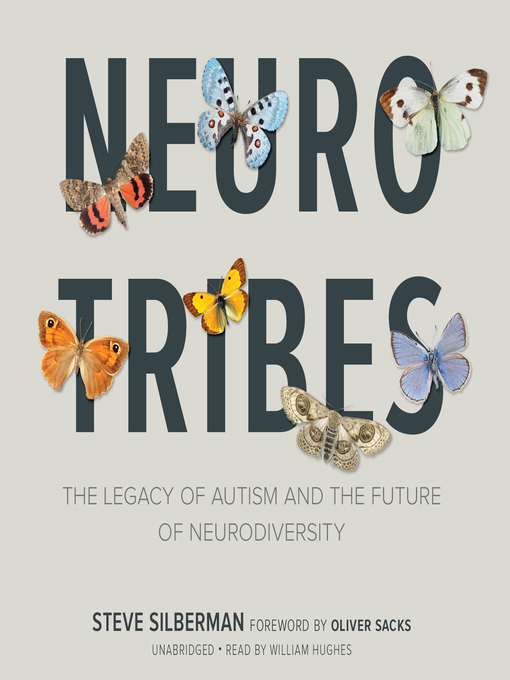


Your purchase helps support NPR programming. "We need to get over our obsession with causes, because we've been researching the cause of schizophrenia for decades and we still don't know what causes schizophrenia exactly."Ĭlose overlay Buy Featured Book Title NeuroTribes Subtitle The Legacy of Autism and the Future of Neurodiversity Author Steve Silberman "I think that society really needs to do a bit of soul-searching about how we're dealing with autism," he says. Looking ahead, Silberman says that while much of today's autism research focuses on finding a cause for the condition, society might be better served if some of the research funds were directed instead toward helping people live with autism. NeuroTribes also explores how a 1987 expansion of the medical definition of autism (which was previously much narrower and led to less frequent diagnoses) contributed to the perception that there was an autism epidemic. "I would literally weep while I was writing that chapter," he says. But he praises Asperger's courage in speaking to the Nazis. Silberman shies away from using the terms high-functioning and low-functioning, because "both of those terms can be off base," he says. Steve Silberman's articles have been published in Wired, The New Yorker, Nature and Salon.

Along the way, he revisits Asperger's calculated efforts to save his patients. Silberman chronicles the history of autism and examines some of the myths surrounding our current understanding of the condition in his new book, NeuroTribes. "That is where the idea of so-called high-functioning versus low-functioning autistic people comes from really - it comes from Asperger's attempt to save the lives of the children in his clinic," science writer Steve Silberman tells Fresh Air's Terry Gross. Asperger was speaking to an audience of Nazis, and he feared that his patients - children who fell onto what we now call the autism spectrum - were in danger of being sent to Nazi extermination camps.Īs Asperger spoke, he highlighted his "most promising" patients, a notion that would stick with the autistic spectrum for decades to come. In 1938, an Austrian pediatrician named Hans Asperger gave the first public talk on autism in history. The Centers for Disease Control and Prevention estimates that 1 in 68 children has an autism spectrum disorder.


 0 kommentar(er)
0 kommentar(er)
